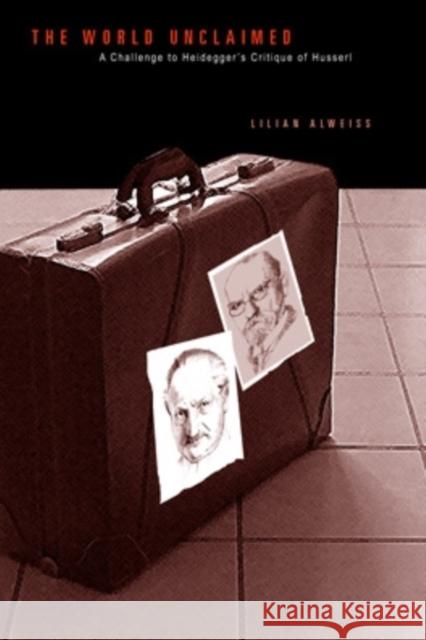The World Unclaimed: A Challenge to Heidegger's Critique of Husserl » książka
The World Unclaimed: A Challenge to Heidegger's Critique of Husserl
ISBN-13: 9780821414644 / Angielski / Twarda / 2003 / 243 str.
"The World Unclaimed" argues that Heidegger's critique of modern epistemology in "Being and Time" is seriously flawed. Heidegger believes he has done away with epistemological problems concerning the external world by showing that the world is an existential structure of Dasein. However, the author argues that Heidegger fails to make good his claim that he has rescued the phenomenon of the world, which he believes the tradition of philosophy has bypassed. Heidegger fails not only to reclaim the world but also to acknowledge its loss. Alweiss thus calls into question Heidegger's claim that ontology is more fundamental than epistemology.
"The World Unclaimed" develops its powerful critique of Being and Time by arguing for a return to Husserl. It draws on Husserl's insight that it is the moving and sensing body that discloses how we are already familiar with the world. Kinaesthesia provides a key for understanding our relation to the world. The author thus suggests that thinkers in the vein of Husserl and Kant -who, for Heidegger, epitomize the tradition of modern philosophy by returning to a worldless subject - may provide us with the resources to reclaim the phenomenon of the world that "Being and Time" sets out to salvage.
Alweiss's fresh and innovative study demonstrates that it is possible to overcome epistemological skepticism without ever losing sight of the phenomenon of the world. Moreover, Alweiss challenges us to reconsider the relation between Husserl and Heidegger by providing a forceful defense of Husserl's critique of cognition."











